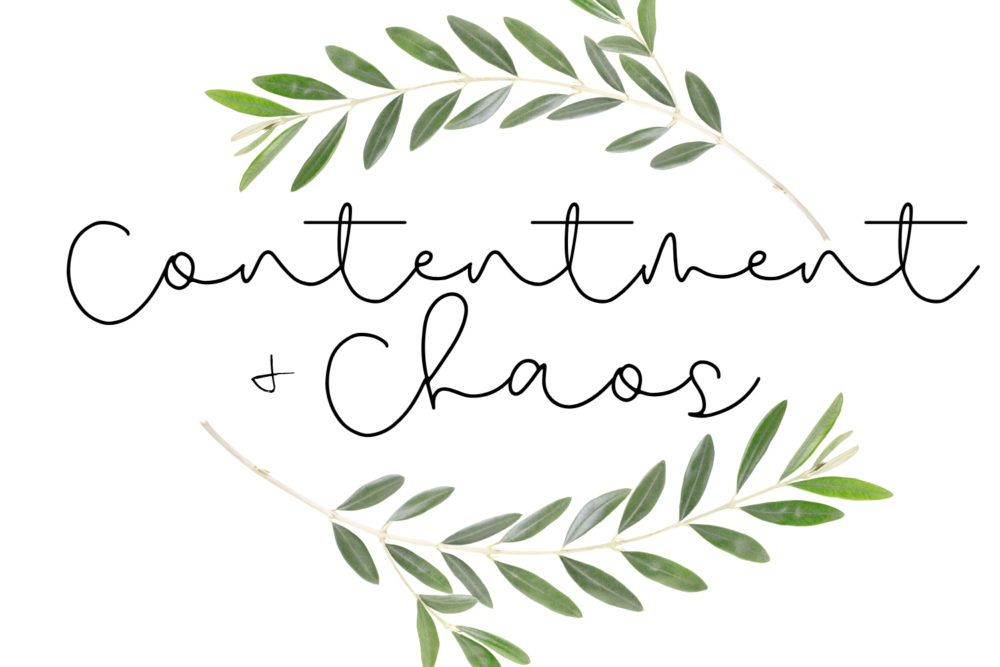[Disclosure: This post may contain affiliate links. You can read my full disclosure here.]
How often do you read your Bible? I’m not talking about a devotional, but your actual Bible. If you’re anything like me — and a lot of Christians, I think — it’s a lot less than you’d like. But practically speaking, how do you start a Bible reading routine?
I think we have a lot of excuses for not reading the Bible as much as we’d like to (or know we should): We don’t have enough time. We don’t know where to start. It’s too hard to understand. (Just to name a few.)
Although I’m no expert, here are the ways that I’ve found to be instrumental to my success in developing a daily Bible reading routine:

1. Follow a plan
Yes, you could technically open up the Bible to a random different spot every day, start reading, and perhaps get something out of it. But is that very wise? Was the Bible written to be read that way? I don’t think so.
The Bible is a story, each book set apart in a certain order for a reason. If you don’t follow some sort of schedule or a plan, it’s easy to give up, forget, or become confused (not having any idea of the context of what came before or after the passage you randomly opened up to). A plan holds you accountable to follow it and read a certain amount every day.
You don’t even have to research the “best plan,” either. It could be one you come up with on your own. For example, your plan could be to read through the book of Matthew this month — with 28 chapters, that would be 1 chapter per day. The YouVersion Bible app has a lot of different Bible reading plans that I would recommend, too. (See #3 for more help on choosing a plan.)
2. Be realistic
If you’re new to the Bible, don’t start with my 30 day entire Bible reading plan that requires 1+ hour of reading a day. (Even if you’re not new to the Bible, there may be other reasons you don’t want to do that plan — see my next section.)
Be realistic about how much time you’re able to set aside each day, too. Don’t feel like you have to do too much at the start. As I mentioned earlier, you could start with just one chapter a day.
3. Know your purpose
Knowing your purpose for reading is key. Recently I read the book Women of the Word (highly recommend!), which reminded me that my purpose in reading the Bible is always, first and foremost, to discover more about who God is. The Bible is ultimately a book about God.
But you also may have a secondary purpose, too. When I read the Bible in 30 days, I wanted to get an overarching picture of the entire Bible. I wanted to see connections and common themes displayed throughout the entire Bible. I wanted to read it as a whole.
Now I’m reading the Bible in 90 days. This time, I want to go a little slower, delving a little deeper into each book. When I read the Bible in 30 days, I didn’t make any notes. I underlined occasionally. This time, I have a notebook that I use to write down key points and concepts I want to come back to, books of the Bible I want to study more in-depth, and characters I want to learn more about.
For my next Bible reading plan, I want to choose one book of the Bible and read it very slowly, over the course of a month or two. I want to spend a long time studying its historical context and commentaries, meditating on its lessons.
Your purpose for reading the Bible may help you decide what kind of a Bible reading plan to choose.
4. Schedule time to read
This is quite obvious, but in order for this to work, Bible reading has to be a priority. It must hold a time slot in your daily calendar. It doesn’t have to be the same time every day, but sometimes that is easier. Be realistic about how much time each day your Bible reading plan will take you. Even if it starts as just 10 minutes a day to read 1 chapter, you’ll find that it makes a difference in your day. Then, it becomes a habit that you continue without even thinking — and you may find that you want to increase the time that you spend reading. It will come off your “to do” list and become something you look forward to!
5. Don’t let yourself get more than 1 day behind your plan
You will get behind. There will be days when you’re too tired, or sick, or literally don’t have even a 5 minute break all day. There will be days where you simply don’t read it.
I’ve found that if I get 1 day behind, I can catch up. But if I get 2 days behind, it becomes a lot more difficult. And if I’m 3, I give up. Not to mention: The more you start to miss days, the more it stops becoming a habit.






